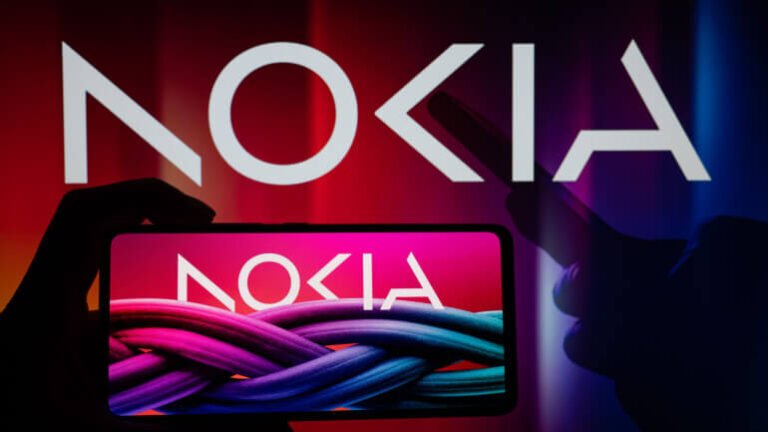
Greek telecom giant OTE is shifting its strategic direction, with rumors circulating about several significant changes to its future business operations. A key point of discussion is the potential sale of Telekom Romania Mobile, their mobile operations in Romania, to Quantum Projects Group, a Romanian media company owning Clever Media. This significant change implies a reorientation towards OTE’s considerable legacy Greek business, marking an end to its international presence.
The two companies have recently signed a Memorandum of Understanding (MoU) and sought approval from the relevant Romanian authorities. However, financial specifics, such as the precise sale amount, are seemingly yet to be determined. OTE has mentioned releasing additional information to investors when necessary.
An in-depth look shows that OTE has considered various approaches to its Romanians operations over the past couple of years. The statement by OTE indicating its dual concentration on improving Telekom Romania Mobile’s performance and strategic choices mirrors this exploration. Two years ago, OTE offloaded its fixed-line assets in Romania, selling its 45% share in Telekom Romania Communications to Orange for €268 million. This move marked a shift towards focusing their resources predominantly on mobile telephony.
Interestingly, Clever Media, a company slotted for a potential purchase of OTE’s mobile operations, lies in a market parallel to telecoms. This aspect could be advantageous when seeking regulatory approval, although the company’s capability to effectively manage Telekom Romania Mobile is yet to be seen.
OTE’s move to divest its mobile services in Romania comes after previous successful international sell-offs. OTE sold their Bulgarian operations to Telenor just over ten years ago, followed by its holdings in Telekom Albania in 2019. With the Romanian business potentially poised to follow the same path, OTE’s future focus seems exclusively directed towards its Greek market.
However, it is critical to note that the implications of this transaction extend beyond OTE. Deutsche Telekom, a majority stakeholder in OTE, indirectly shares the impact of this deal. It may also warrant a name change for Telekom Romania, following in the footsteps of Telekom Albania, which rebranded to One post OTE’s divestment.
Dwindling down OTE’s market reach will also constrict Deutsche Telekom’s footprint within Eastern Europe. Post the transaction, the latter will hold operations in nine European markets, excluding Germany. While the Romanian market does contribute to Deutsche Telekom’s overall revenue, the contribution is considered moderate. The sale of fixed assets to Orange has already considerably reduced revenues from Romania.
OTE may face greater repercussions from this transaction. Despite its struggle to grow this business over the past few years, reducing its size and scope from its balance sheet could prove beneficial. The rumored sell-off could signify the dawn of a new era for OTE, transforming it back into an exclusively Greek telecom operator.



